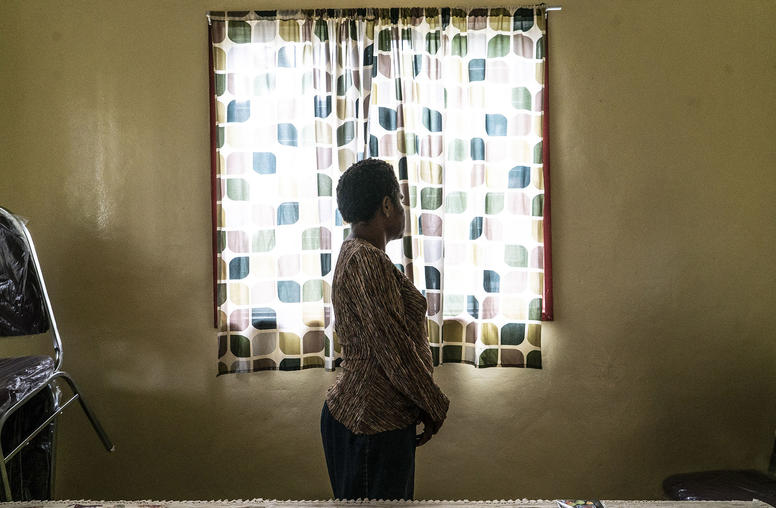Criminalizing Sexual Exploitation and Abuse by Peacekeepers
UN peacekeepers continue to engage in sexual exploitation and abuse during deployment and rarely face punishment, according to human rights lawyer and Jennings Randolph fellow Carla Ferstman. Although troop-contributing countries bear responsibility for investigating and prosecuting these crimes, the UN must shoulder an active, persistent role in helping states close the gaps in disciplinary and criminal accountability in order to end peacekeeper impunity.
Summary
- Sexual exploitation and abuse continue to pervade peacekeeping missions, and peacekeepers benefit from near-total impunity.
- Several seminal United Nations (UN) studies and expert reports provide a useful blueprint of where the gaps lie, what must be done to address them, and how to do so.
- Zero-tolerance UN policies have focused on preventing new abuse and strengthening codes of conduct. These goals are laudable but undermined when not accompanied by consistent discipline and criminal accountability.
- Despite eight years of annual resolutions that underscore the need to address the problems, there is no evidence of greater accountability.
- More work is needed to finish the job. States are responsible for disciplining and punishing their troops, but the UN must do more to ensure that this happens.
- The UN needs to work actively with states to bridge the gaps in domestic legislation by issuing written advice and publishing model legislation.
- The UN should publicly name and shame those states that fail to investigate and prosecute credible cases.
- The UN should refrain from accepting troop contingents from countries that repeatedly fail to live up to their written assurances to investigate and prosecute.
- The memorandum of understanding governing the relationship between the UN and troop-contributing countries should be further revised to introduce greater conditionality into the acceptance and removal of troop contingents.
About the Report
This report informs the international community on the challenges to investigating and prosecuting peacekeepers who sexually exploit and abuse the civilians they are meant to protect
About the Author
Carla Ferstman is director of REDRESS, a London-based human rights organization that helps torture survivors obtain justice and reparation, and was a Jennings Randolph senior fellow at USIP (2012–13). She previously served as REDRESS’s legal director and as the executive legal adviser of the Commission for Real Property Claims in Bosnia and Herzegovina, a mass claims body established under the Dayton Peace Agreement. Earlier, she served with the UN in Rwanda and with Amnesty International on an initiative on trials in the Great Lakes region of Africa. The author is grateful to Jenee Sharon for research assistance and to colleagues at USIP for fruitful exchanges on the topic.



